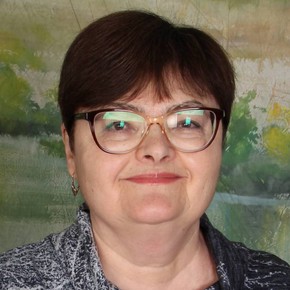Biography
In October 2021, Tatyana Svoboda, a widow who had lost both her husband and son, was rushed in with a search by the security forces. A criminal case was opened against the pensioner under an extremist article only because of her faith in Jehovah God.
Tatyana was born in December 1959 in Komsomolsk-on-Amur. She has lived in this city all her life. His father was a locksmith, and his mother worked as a storekeeper in a kindergarten. Tatyana has an elder brother.
As a child, Tatyana loved to read: she could not pass by the library. After school, she graduated from a technical school and received the profession of a merchandiser.
Tatyana worked as a storekeeper in trade for 10 years and as a warehouse manager in a construction company for 30 years. Now she is retired. She likes to travel and visit picturesque places in Russia.
In 2001, Tatiana decided to embark on the Christian path. After reading the Bible, she was impressed by the clarity and consistency of its teachings.
The criminal prosecution affected Tatyana's health. The believer says: “There were worries, because of this I could not eat and sleep.”
Tatyana's relatives are outraged by the criminal prosecution of a peaceful woman.
